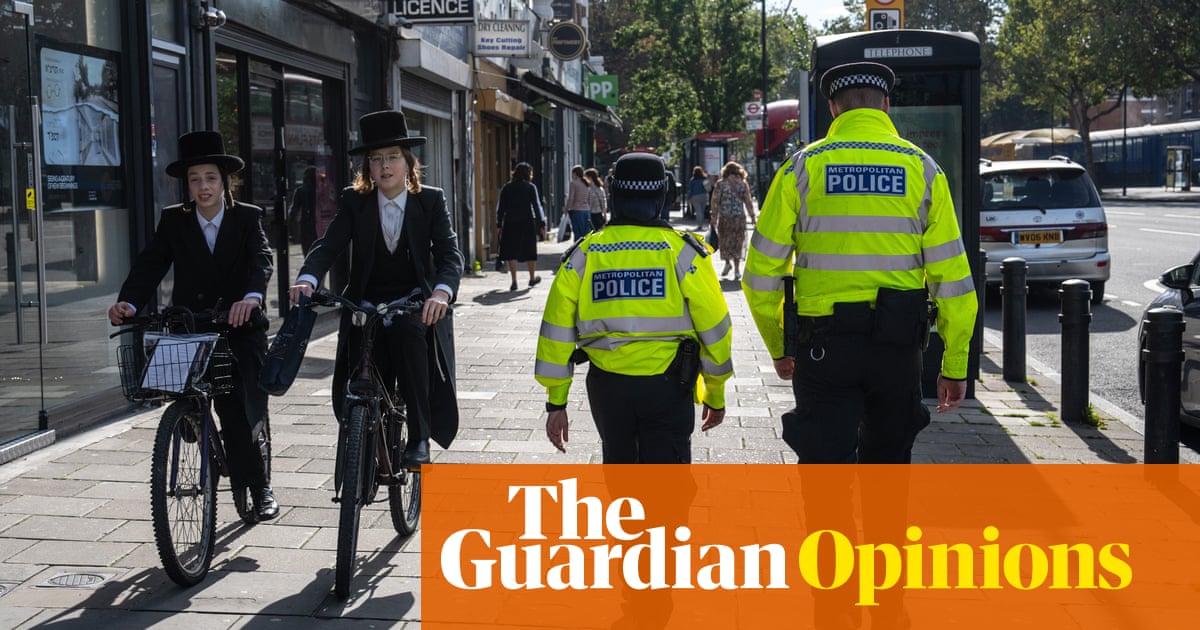
Hard-won gains in equality and human rights in the UK are at risk of being reversed by the coronavirus pandemic, and society, the economy and living standards are facing long-lasting damage, the UK human rights watchdog has said.
A report by the Equality and Human Rights Commission says young people, ethnic minorities, older people and disabled people have been disproportionately hit by the pandemic, which has highlighted and widened existing inequalities.
“While everyone has been affected by either the virus or the restrictions imposed in response to it, our report shows that the negative impact has been more severe for some groups than others,” said Caroline Waters, the commission’s interim chair.
“Sadly, this isn’t surprising. We’ve reported for many years now of the persistent and structural disadvantages facing certain groups in our society. It is deeply concerning to see how quickly large numbers of people have become at risk of living in poverty.”
She added: “Without a clear strategy to address this, the small gains we have made in equality and human rights over the past few years are set to reverse with clear and long-lasting damage to our society and our economy.”
Areas of concern highlighted by the commission’s report, titled How Coronavirus has Affected Equality and Human Rights, include:
The potentially severe and long-lasting impact on young people, who risk becoming a “lost generation”. School closures, exam chaos and lack of access to remote learning technology mean recent gains in academic attainment could go into reverse.
The disproportionately negative effect of the pandemic on ethnic minorities, some of whom are more likely to die from the virus and more likely to experience financial hardship and unemployment as a result of the pandemic.
The isolation of care home residents from their family and friends, with significant consequences for their mental health. The report says ministers must balance protecting the lives of older people against their other rights, especially to a private and family life.
While poverty and deprivation are likely to dramatically increase as a result of the pandemic, the commission says it has concerns that universal credit – the principal method of helping those hit by job and income losses – was not built to help those in most need of its support.
The report says: “The UK government’s social security system will not be a sufficient safety net to secure an adequate standard of living for everyone, and, given our previous concerns that social security reforms have impacted some groups disproportionately, nor will it protect everyone equally who is at risk from entering or falling deeper into poverty and material deprivation.”
The commission urged the government to intervene to help mitigate the impact of school closures and educational disruption, rising unemployment and plunging living standards on communities already most at risk.
It also highlighted areas where it believes Covid may have had an impact on human rights but where as yet there was insufficient evidence to formally respond. These include concerns that LGBT people have been unable to access healthcare or medication during the pandemic.
The commission is also concerned that older and disabled people are disproportionately affected by the transfer of a wide range of public services online as a result of the pandemic, potentially excluding them from accessing key services.












